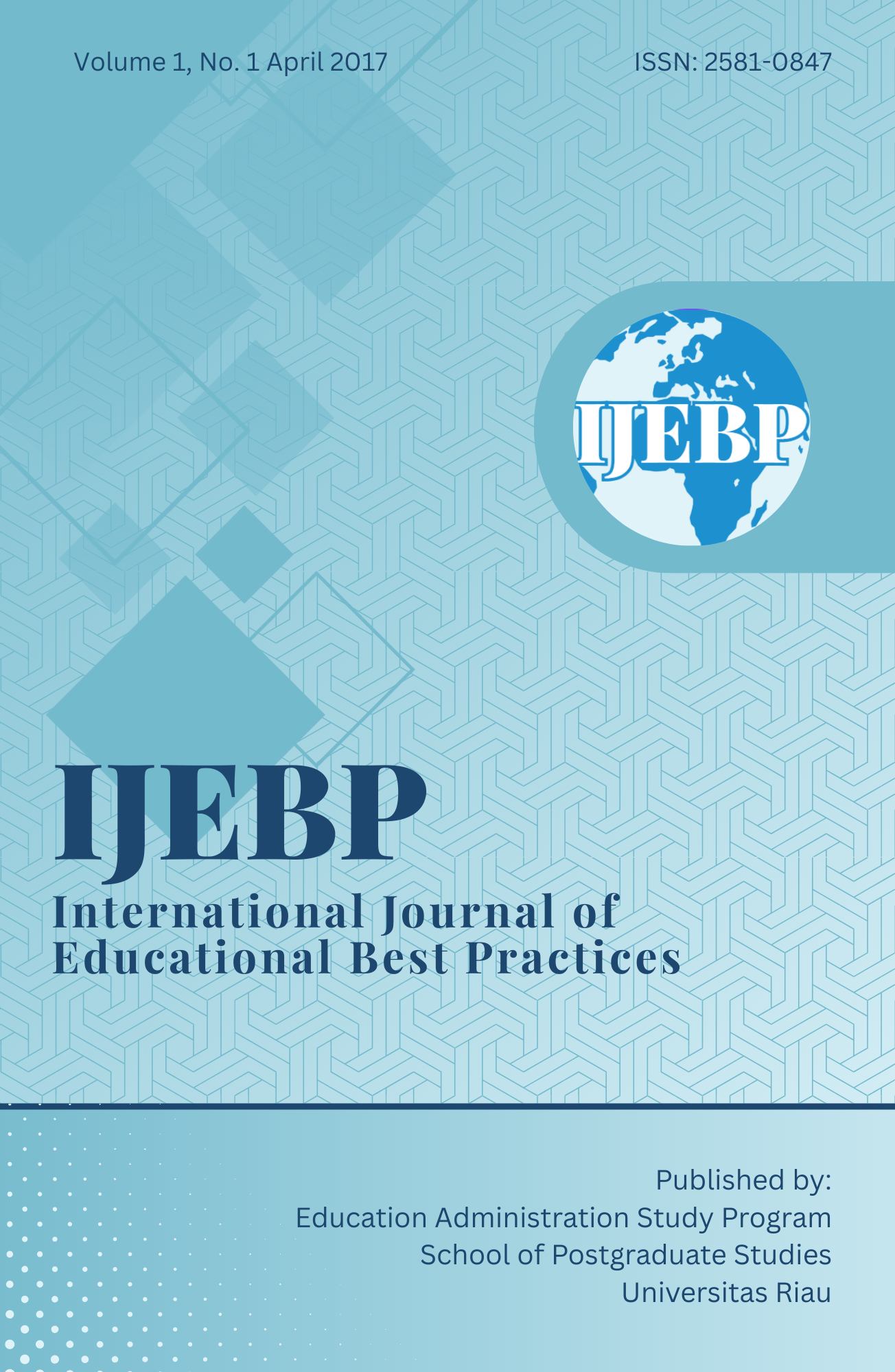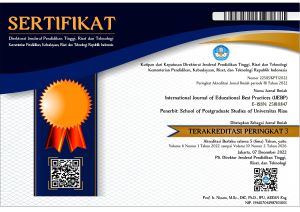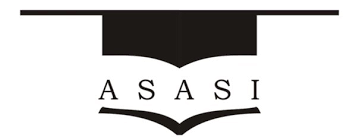Madrasah Education System And Terrorism: Reality And Misconception
DOI:
https://doi.org/10.31258/ijebp.1.1.92-101Keywords:
madrasah, terrorism, Islamic schoolsAbstract
Since the terrorist attacks on September 11, 2001, the Islamic schools known as madrasah have been of increasing interest to analysts and to officials involved in formulating U.S. foreign policy toward the Middle East, Central, and Southeast Asia. Madrasah drew added attention when it became known that several Taliban leaders and Al-Qaeda members had developed radical political views at madrasah in Pakistan, some of which allegedly were built and partially financed through Saudi Arabian sources. These revelations have led to accusations that madrasah promote Islamic extremism and militancy, and are a recruiting ground for terrorism. Others maintain that most of these religious schools have been blamed unfairly for fostering anti-U.S. sentiments and argue that madrasah play an important role in countries where millions of Muslims live in poverty and the educational infrastructure is in decay. This paper aims to study a misconception of the role and functions of Islamic traditional religious schools which have been linked with the activities of terrorism. The study will be specifically focus on practice of the traditional Islamic school, which is locally called as ‘madrasah system’.
References
Alex Alexiev, “If We Are to Win the War on Terror, We Must Do Far More”, National Review, November 7, 2005; Nicholas D. Kristof, “Schoolyard Bully Diplomacy”, New York Times, October 16, 2005.
Armando Spataro (2008). Why Do People Become Terrorists? A Prosecutor's Experiences, Journal of International Criminal Justice.
Cyrille Begorre-Bret (2006). The Definition of Terrorism and the Challenge of Relativist, Cardozo Law Review.
David Aaron Schwartz (1991). International Terrorism and Islamic Law, Columbia Journal of Transnational Law. Donald Rumsfeld, interview by Charlie Rose, Charlie Rose Show, PBS, August 20, 2005.
Eric Mourris and Alan Hu, Al-Irhâb; Al-TahdîdWa Al-Rad Alaihi, (Translate Dr. Ahmad Hamdi Mahmud) Al Haiah Al Mishriyah Al 'Ammah Li Al Kitab, Kairo, 2001.
Febe Armanios, “Islamic Religious Schools, Madrasas: Background,” CRS Report for Congress, RS21654 (October 29, 2003), p. 1, http://fpc.state.gov/documents/organization/26014.pdf.
George P. Fletcher (2006). The Indefinable Concept of Terrorism,Journal of International Criminal Justice.
Hasan Madmarn (2002). ThePondok and Madrasah in Patani, Penerbit Universiti Kebangsaan Malaysia, Bangi.
Ismael, Ahmad (1995). Status of Muslim Religious Education in ARMM (unpublished thesis),De La Salle University, Manila.
Justin Magouirk (2008). “Connecting a Thousand Points of Hatred,” Studies in Conflict and Terrorism 31:4 (2008).
Kimmo Nuotio (2011), Terrorism as a Catalyst for the Emergence, Harmonization and Reform of Criminal Law, Oxford University Press.
Liaquat Ali Khan (2005). The Essentialist Terrorist, Washburn Law Journal Fall.
M. Farid and Sukidi (ed.). (2001). TerorisSerang Islam: BabakBaruBenturan Barat-Islam, PustakaHidayah, Jakarta, cet. I, 2001.
Mary Ann Weaver. (1995). “Children of the Jihad”, The New Yorker, June 12.
Mirna Cardona. (2009). El Salvador: Repression in the Name of Anti-Terrorism, Cornell International Law Journal.
Mohamed R. Hassanien. (2008). International Law Fights Terrorism in the Muslim World: A Middle Eastern Perspective, Denver Journal of International Law and Policy.
Muhammad Khalili Qasmi. (2005). Madrasa Education: Its Strength and Weakness, Manak Publication Pvt. Ltd., New Delhi.
Muhammad Sajid Qami. (2005). Madrasa Education Framework, Manak Publication Pvt. Ltd, New Delhi.
Nicholas J. Perry. (2004). The Numerous Federal Legal Definitions of Terrorism: The Problem Of Too Many Grails, Journal of Legislation.
Parvez Ahmed. (2007). Terror in the Name Of Islam – Unholy War, Not Jihad, Case Western Reserve Journal of International Law.
Peter Bergen and Swati Pandey. (2006). “The Madrassa Scapegoat,” The Washington Quarterly
Ronald A Luckens-Bull. (2001). “Two Sides of the Same Coin: Modernity and Tradition in Islamic Education in Indonesia,” Anthropology and Education Quarterly 32, No.3 (2001)
Uzma Anzar. (2003). Islamic Education A Brief History of Madrassas With Comments on Curricula and Current Pedagogical Practices.





